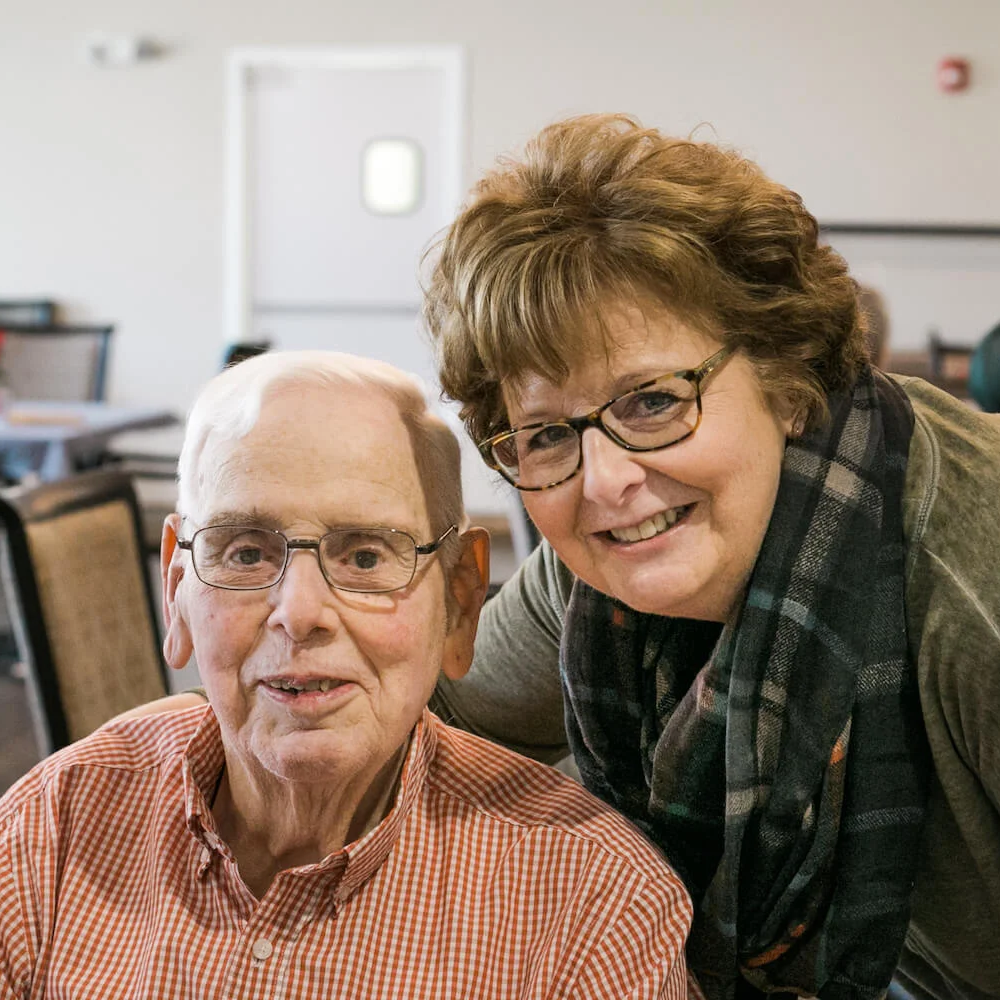Is Your Family Member’s Current Residence Safe?
If your family member is experiencing falls, declines in physical health, or has been diagnosed with Alzheimer’s disease or dementia, community care provides additional around-the-clock support and security measures that may be beneficial.
Is Your Family Member’s Current Residence Fit for Purpose?
With home healthcare, your senior can continue following their routine as much as possible in their own space. However, it’s important to consider if the living space is optimized for their specific care needs.
For your family member to stay in their current residence, they may need to make adjustments to their environment. Some changes such as removing clutter, rightsizing, and adding grab bars may be relatively simple, but some changes may be more considerable such as adding a stair lift or ramp. Consider the adjustments required and their associated costs, and compare those with the cost of a senior living community to ensure you’re making an informed decision.
Is the Home Healthcare Provider the Right Match?
It can take a while to find the right home healthcare provider as you navigate the process of determining your family member’s needs, finding care services, and establishing the care schedule. Additionally, it will take some time for them to adjust to regularly having a new person in their residence.
Is Home Healthcare or a Senior Living Community More Affordable?
One of the top questions about senior living communities is cost. Many people make assumptions about the high cost of senior living, but they often find that senior living is less than or equal to the cost of staying in a current residence.
Senior living costs vary from person to person because the price reflects each individual’s needs, from the lifestyle to the services required. The cost of living in your area can also affect senior living pricing.
Is My Aging Senior in Good Hands for the Long Term?
When evaluating options, consider how your family member’s needs may change over time, especially if they have a progressive condition such as Alzheimer’s disease or dementia. Senior living communities have staff members on hand around the clock who are accustomed to meeting the unique care needs of people with Alzheimer’s disease or dementia. The best communities also have resources ready to adjust to your family member’s changing needs so they can age in place without having to switch communities.










.jpg?width=1800&height=1200&name=20191008-BlueSpringsCedarhurstExteriors0022%20(1).jpg)


